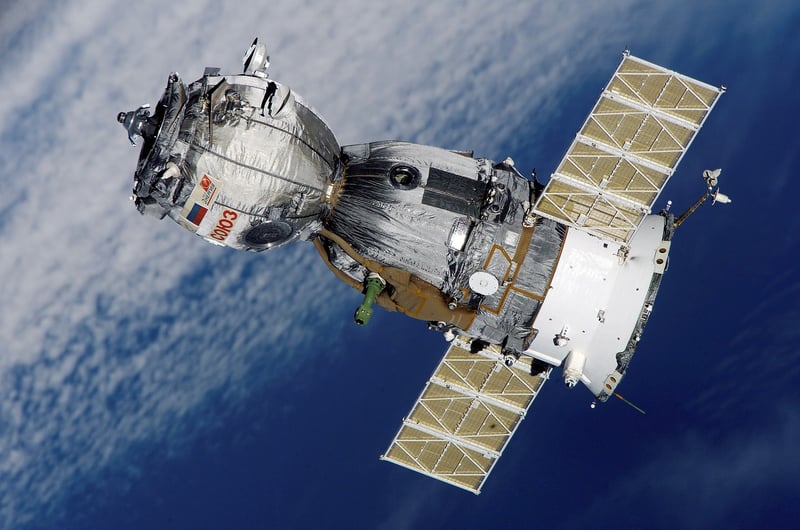Scientific Theories
The Fascinating World of Time Travel: Inventions and Scientific Theories
Introduction
Time travel has captured the imagination of scientists, writers, and dreamers for centuries. The concept of moving backward or forward in time has been a popular theme in science fiction, but what about the real science behind it? In this article, we will explore some of the inventions designed for time travel and delve into the scientific theories that underpin this intriguing concept.
Inventions for Time Travel
While time travel machines like the TARDIS from "Doctor Who" may only exist in fiction, scientists and inventors have come up with various ideas and devices that could potentially make time travel a reality. Here are some notable inventions:
1. Wormholes
One of the most popular concepts for time travel involves the use of wormholes. Wormholes are theoretical passages through spacetime that could create shortcuts for long journeys across the universe, potentially allowing for time travel. While wormholes have not been proven to exist, the idea continues to fascinate scientists.

2. Time Machines
Various designs for time machines have been proposed, including the famous concept by physicist Albert Einstein. While building a functioning time machine remains a challenge, the theoretical framework for time travel continues to be explored by researchers.

Scientific Theories of Time Travel
Several scientific theories support the concept of time travel, albeit in theoretical and often complex ways. Here are a few notable theories:
1. Special and General Relativity
Albert Einstein's theories of special and general relativity are crucial to understanding the possibility of time travel. According to these theories, time can be affected by gravity and speed, leading to phenomena like time dilation.
2. Quantum Mechanics
Quantum mechanics, the branch of physics dealing with subatomic particles, also plays a role in theories of time travel. Concepts like quantum entanglement and superposition could potentially be harnessed to manipulate time.
3. Multiverse Theory
The multiverse theory suggests the existence of multiple parallel universes, each with its own timeline. Some scientists theorize that traveling between these parallel universes could result in time travel-like effects.
Conclusion
While time travel remains a tantalizing yet elusive concept, the inventions and scientific theories surrounding it continue to spark curiosity and exploration. Whether through wormholes, time machines, or theoretical physics, the quest to unlock the mysteries of time travel is a fascinating journey that pushes the boundaries of our understanding of the universe.
Image sources: Pixabay
